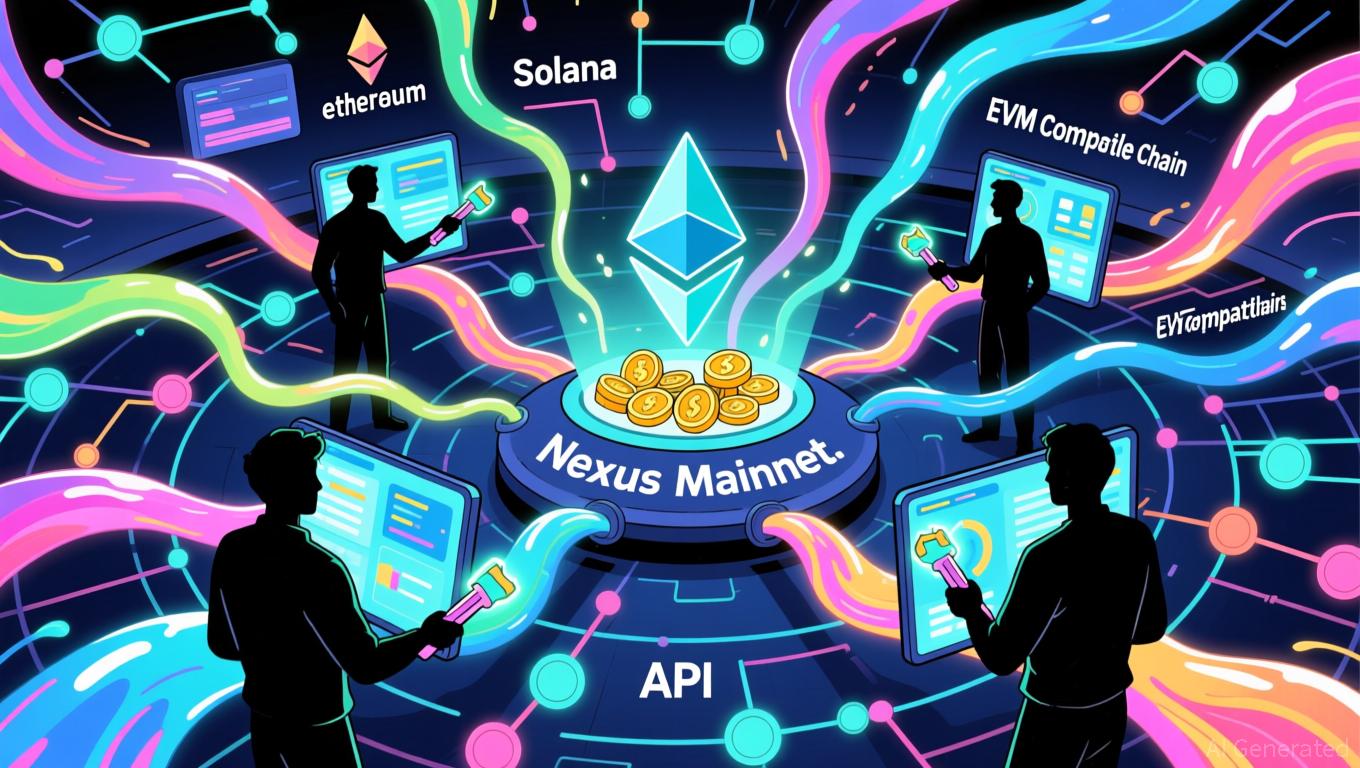A little more than a year ago, Moxion Power shut down, joining a wave of notable bankruptcies that shook the climate tech sector in 2024. The company, which specialized in portable batteries, had secured over $110 million to try and replace diesel generators at events and construction locations, but that funding wasn’t sufficient to help it survive the critical early stage. Moxion let go of more than 400 staff members, and its assets were sold off.
Today, Paul Huelskamp, who co-founded Moxion, along with several of his former colleagues, have launched a new venture called Anode Technology Company. Their aim remains the same—though this time, they hope to avoid repeating past errors.
“We launched Anode with the intention of completing what we began,” said Huelskamp, who now serves as Anode’s CEO, in an interview with TechCrunch.
Anode has been operating under the radar, but is now stepping into the spotlight with a $9 million seed investment. The funding round was led by Eclipse, with partner Jiten Behl—formerly Rivian’s chief growth officer—leading the deal.
Behl’s interest in this field grew from his time at Rivian, which once had a deal to supply Amazon with 100,000 electric delivery vans. However, both companies soon realized that the main challenge wasn’t the price of the vehicles, but the lack of charging infrastructure.
“To charge 150 vans, you essentially need a small power station, and depots just don’t have that kind of setup,” Behl explained.
When faced with this issue, many fleet operators resort to diesel generators. For instance, Waymo was discovered using them at its San Francisco depot. “What companies really want are solutions that don’t rely on the grid and offer them more flexibility,” Behl said.
While other firms like SparkCharge and Power Sonic offer EV charging through mobile batteries, Huelskamp believes Anode’s integrated hardware will distinguish it. The company has developed an inverter tailored for its target markets, which include EV charging, construction, and live events.
According to Huelskamp, Anode’s mobile battery is a bit smaller than Moxion’s 600 kilowatt-hour model, making it simpler to transport on flatbed trucks.
“Our focus is on minimizing the cost of delivered energy. The main cost factors are: how much energy can fit on a truck, how many trucks are needed, how many drivers, and how many trips must be made?” Huelskamp explained. “A smaller, lower-capacity unit might actually allow more energy to be carried per truck. It’s not immediately obvious.”
“There are a lot of these kinds of requirements that, honestly, we didn’t fully understand at Moxion.”
Unlike Moxion, which tried to handle manufacturing internally, the new company will partner with contract manufacturers to produce its batteries. “A major takeaway is that it’s extremely challenging for a startup to manage that aspect of manufacturing,” Huelskamp noted.
For Behl, these lessons were part of what attracted him to invest. “As an investor, I benefit from those hard-earned insights without having to pay the price for them,” he said.
While EV charging depots represent a growing market, sectors like construction and live events are already well established. Currently, many rely on renting generators powered by fossil fuels, which are expensive and less efficient than large power plants. Huelskamp believes this inefficiency gives Anode a competitive edge. “We’re able to charge our batteries at three to five cents per kilowatt hour, while the industry is accustomed to paying several dollars for the same amount,” he said.
Huelskamp mentioned that Anode plans to use AI to streamline its operations, including charging and logistics. Over time, this should help bring costs closer to those of grid electricity, though perhaps not as low as off-peak rates, he added.
“As we grow, improve efficiency, reduce the cost of delivered energy, and benefit from ongoing decreases in battery prices, I believe our costs will approach those of grid power,” Huelskamp said.


